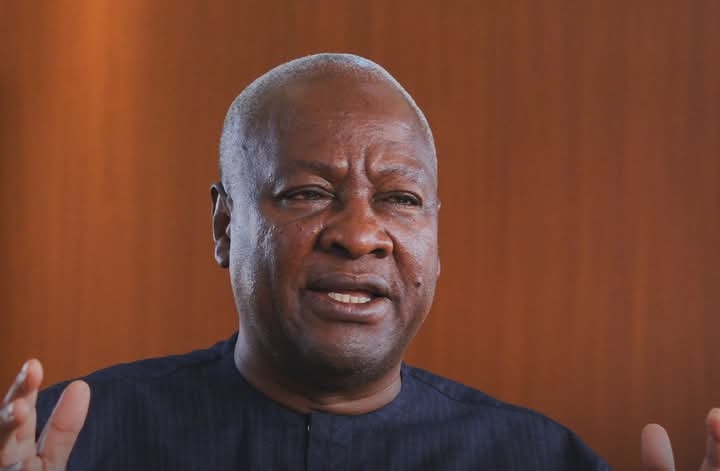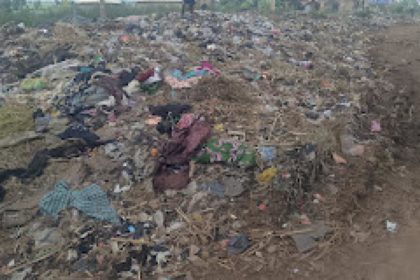Ghana’s President-elect, John Dramani Mahama, has swiftly moved to tackle corruption within the country’s government, naming an anti-graft team to investigate suspected financial misconduct ahead of his inauguration next month.
Mahama, who secured a decisive victory in the December 7 presidential election with 56% of the vote, has made fighting corruption a central promise of his campaign. He vowed to recover stolen assets and hold accountable those responsible for financial malfeasance within the state.
In a statement released Wednesday, Mahama’s transition team revealed that the new anti-corruption committee will be led by Member of Parliament Samuel Okudzeto Ablakwah. Ablakwah, known for his rigorous stance on government accountability, currently serves as the chairman of Parliament’s Committee on Assurances.
His reputation for exposing potential corruption within the state makes him a fitting choice to lead the charge on this critical issue.
The team is composed of four members, each selected for their expertise and experience in handling corruption-related matters. Joining Ablakwah are former Auditor-General Daniel Dumelovo, a seasoned private legal practitioner, an investigative journalist, and a former police officer renowned for managing high-profile robbery cases.
Dumelovo, a highly respected figure in Ghana’s fight against corruption, had been removed from his position as Auditor-General after uncovering financial irregularities under the outgoing administration, making his inclusion a significant step towards transparent governance.
During his campaign, Mahama, who previously served as president from 2012 to 2016, emphasized the need for swift action on corruption recovery, aiming to address the financial losses that have plagued the country. He also assured the public that his administration would hold perpetrators accountable.
“He intends to hit the ground running on these commitments,” Mahama’s transition team stated, signaling that anti-corruption will be a top priority as he assumes office.
Despite facing criticism during his first term over alleged corruption within his administration, Mahama was not personally implicated in any wrongdoing. However, the accusations remained a cloud over his presidency, and now, as he returns to power after an eight-year hiatus, he is determined to overhaul the government’s approach to corruption.
Mahama’s anti-corruption efforts are expected to have significant political ramifications. As Ghana prepares for the new administration, the establishment of a dedicated team to tackle corruption signals a strong commitment to reform and transparency.
The formation of this team, which is expected to investigate financial mismanagement and recover misappropriated funds, is seen as a direct response to the growing public demand for more accountability in governance.
The anti-graft team will begin its work immediately, focusing on gathering critical information on suspected corruption, setting the stage for a broader investigation once Mahama officially takes office. As Ghana’s new president, Mahama is positioning himself as a leader who will not only restore integrity to the government but also work towards a more accountable and transparent system.
With corruption firmly on the agenda, Mahama’s return to power marks a pivotal moment in Ghana’s political landscape, with citizens and political observers alike watching closely to see how the new administration tackles the challenges of governance and accountability.




